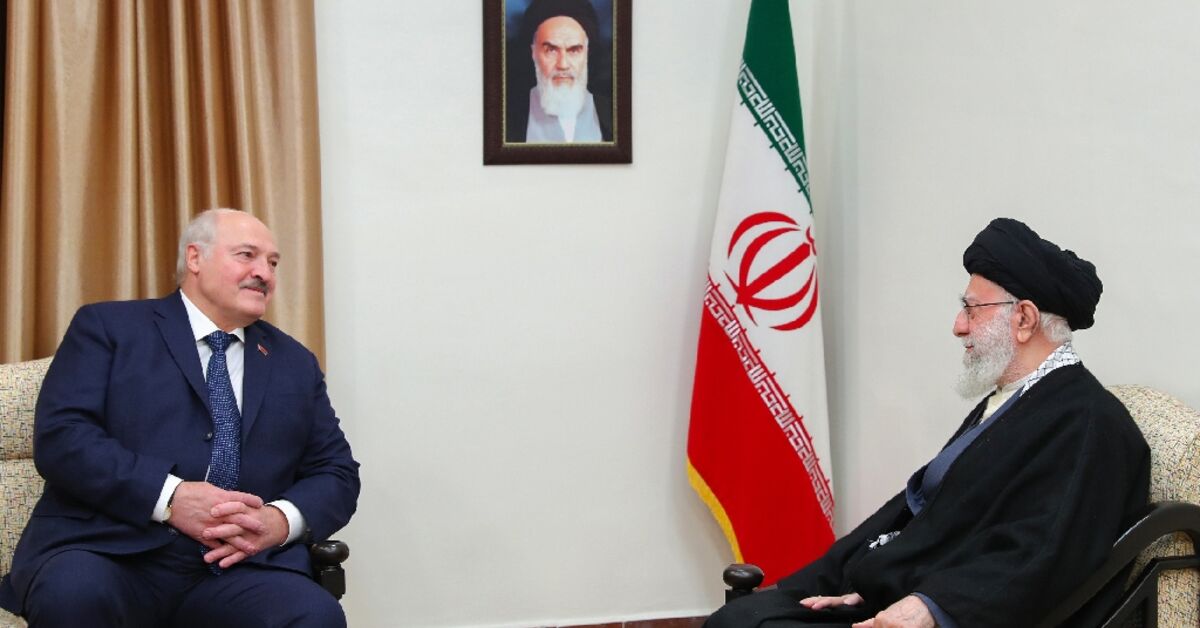
Belarus and Iran have agreed to enhance bilateral ties across all spheres, including defence. The agreement was reached on Wednesday during the meeting between Alexander Lukashenko and his visiting Iranian counterpart Masoud Pezeshkian.
“In conditions of geopolitical turbulence, Minsk and Tehran are undertaking consistent and balanced steps to further develop cooperation, and are working hard to turn each new challenge into a new opportunity,” Belarusian state news agency Belta repoted, citing Lukashenko. We are ready to discuss any issues, we have no closed topics,” Lukashenko said, adding that the two countries could partner across a range of areas, including “military-technical cooperation,” Lukashenko went on saying in a meeting with Pezeshkian in Minsk.
Twelve agreements were signed between the two sides, with the Iranian leader stating that there were no limits to the cooperation between Tehran and Minsk. Addressing the meeting, Pezeshkian highlighted the need for a joint resistance to Western “unilateralism”. “Nowadays, the United States and some European countries are trying to spread unilateralism and dictate their viewpoints on other countries. Such an approach has not been and will not be tolerable by you and us,” Pezeshkian said. He explained that can Iran and Belarus are ready to “stand up against the countries that seek to induce others with sanctions, and that they can overcome sanctions and problems by working together seriously.”
Both Belarus and Iran are Kremlin’s allies and have supported Russia in its war of invasion in Ukraine. Lukashnko, who is Russian President Vladimir Putin’s close ally, has authorized Kremlin’s use of Belarusian territory in the ongoing war in Ukraine and is hosting some of Russian tactical nuclear missiles. In turn, Tehran is providing Russia with Shaheed kamikaze drones that are widely used in Russia’s air strikes against Ukraine. Iran and Russia signed a strategic cooperation treaty in January, however, the treaty does not include a mutual defence clause.
Pezeshkian arrived in Belarus on Tuesday night after visiting Armenia as the second leg of his official two-nation trip. In Yerevan, Pezeshkian had raised concerns over the US presence in South Caucasus following the agreement signed in Washington in early August over the opening of a Trump road.
Comments
Leave a Reply
Your email address will not be published. Required fields are marked *